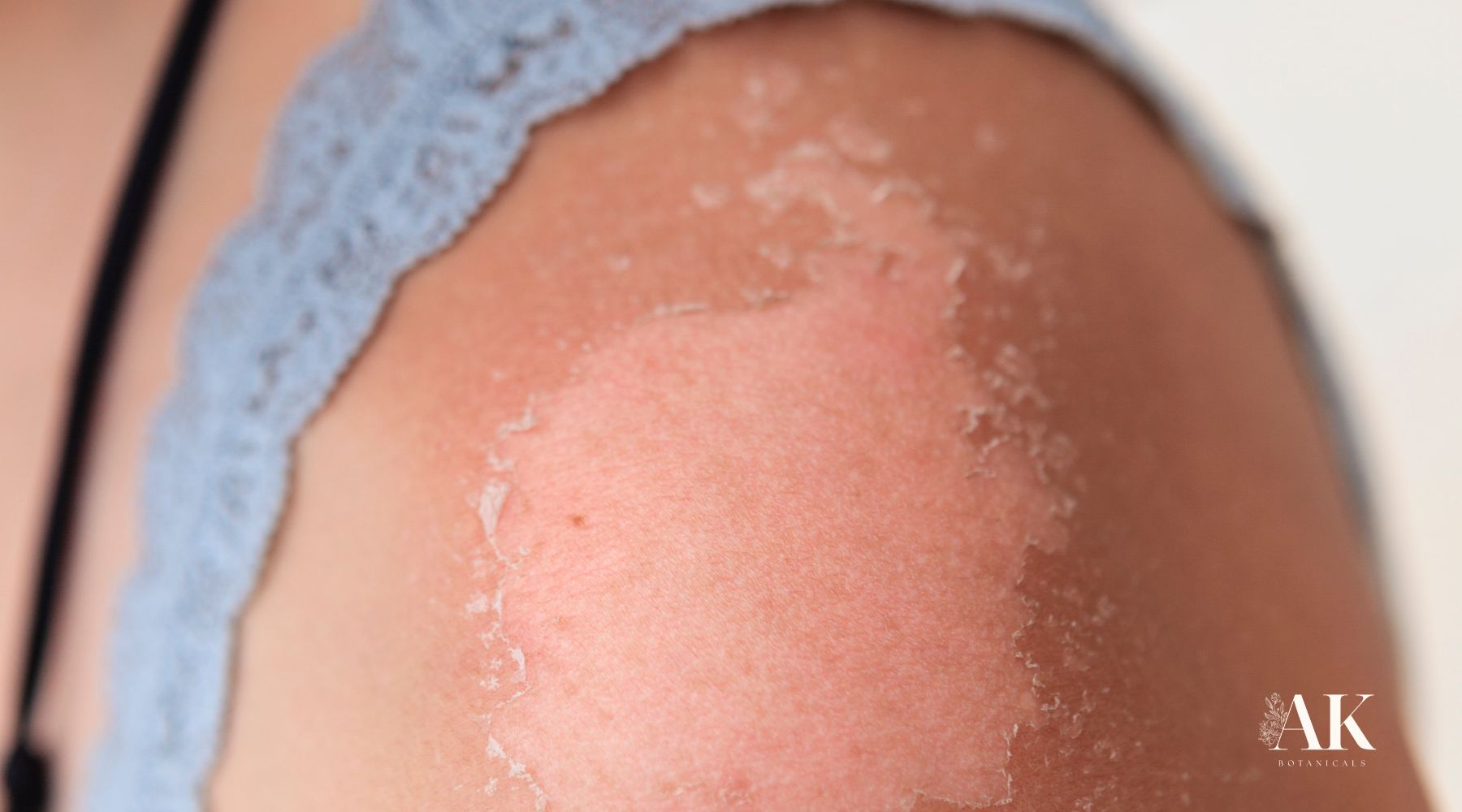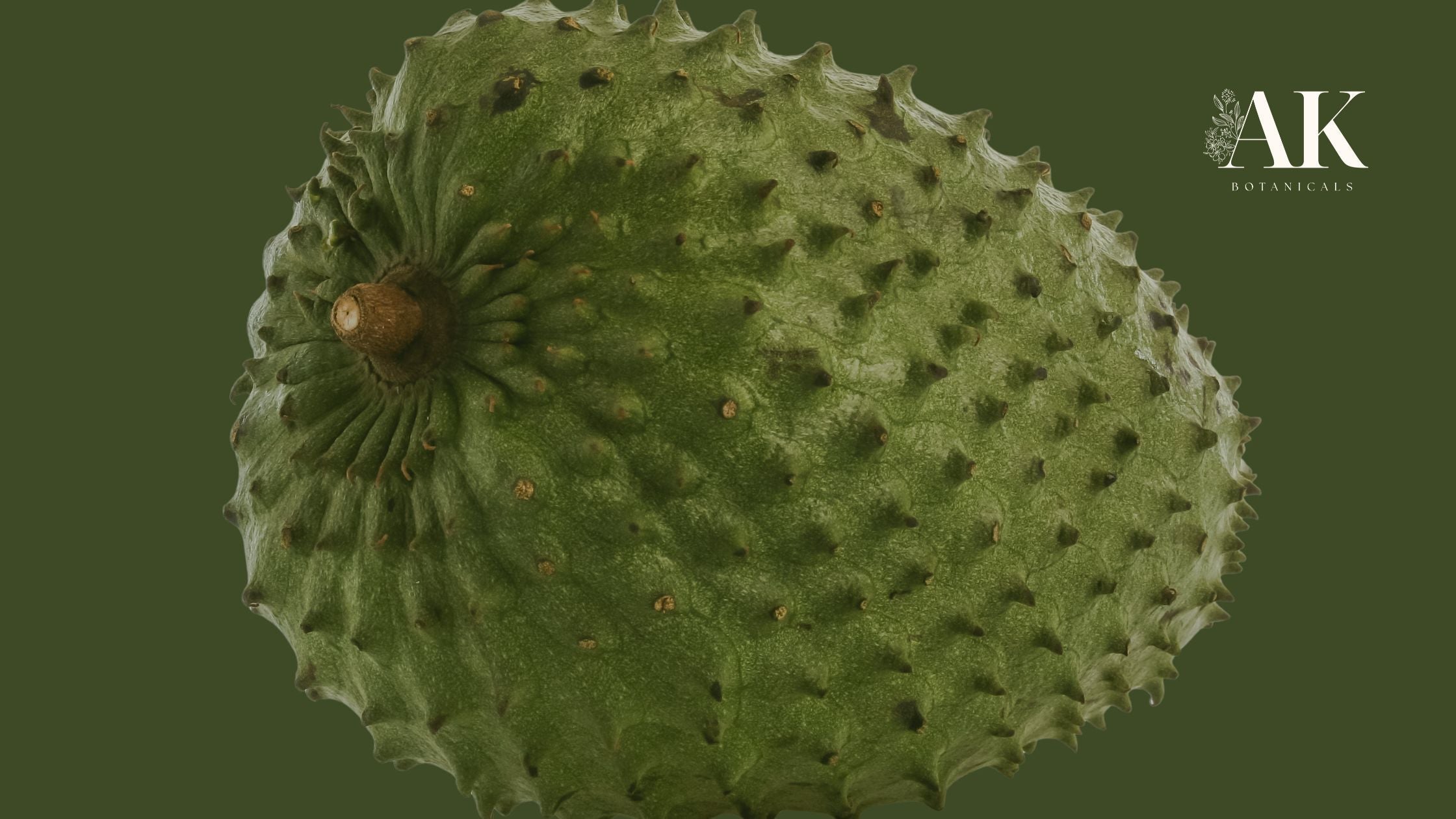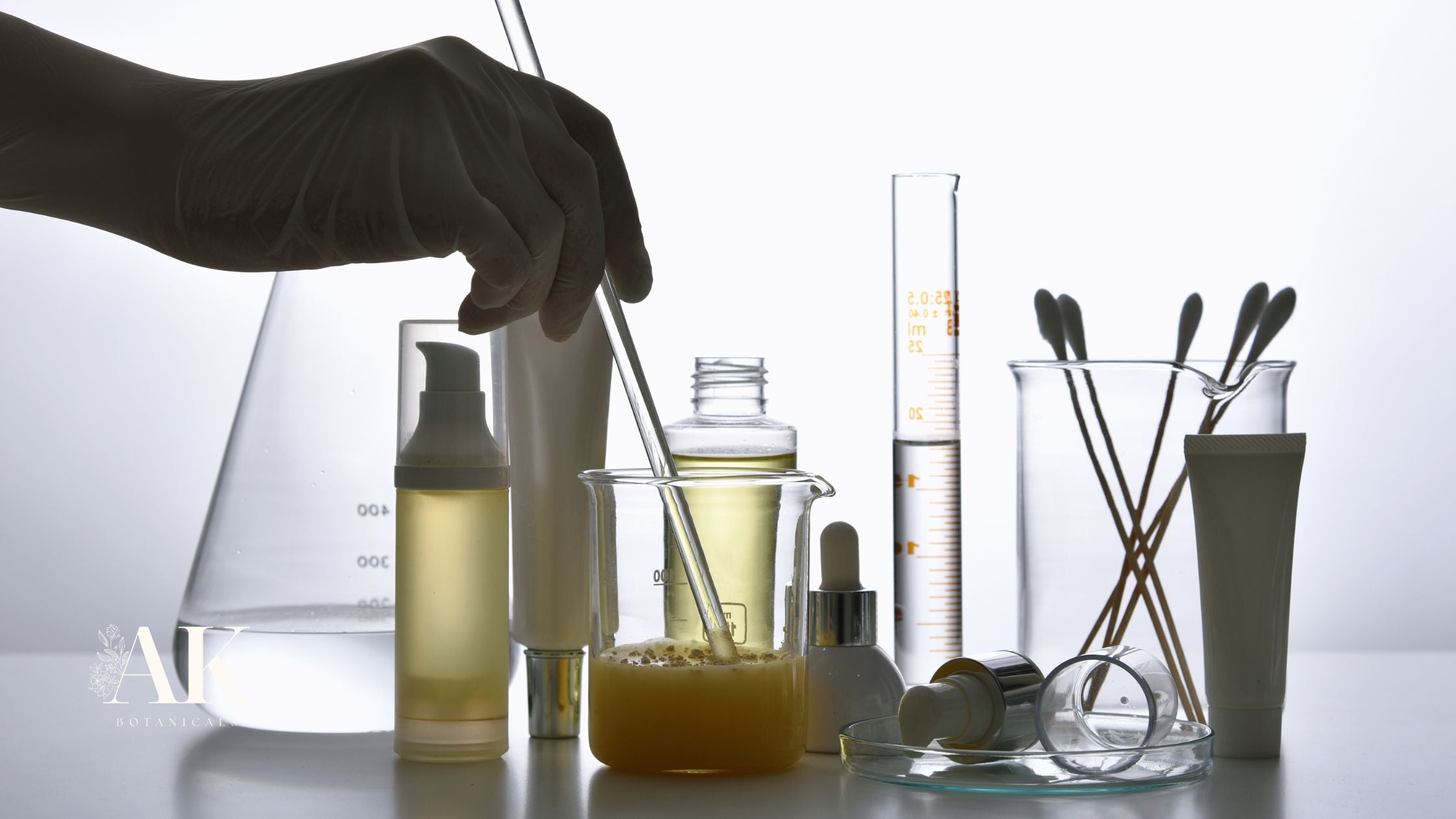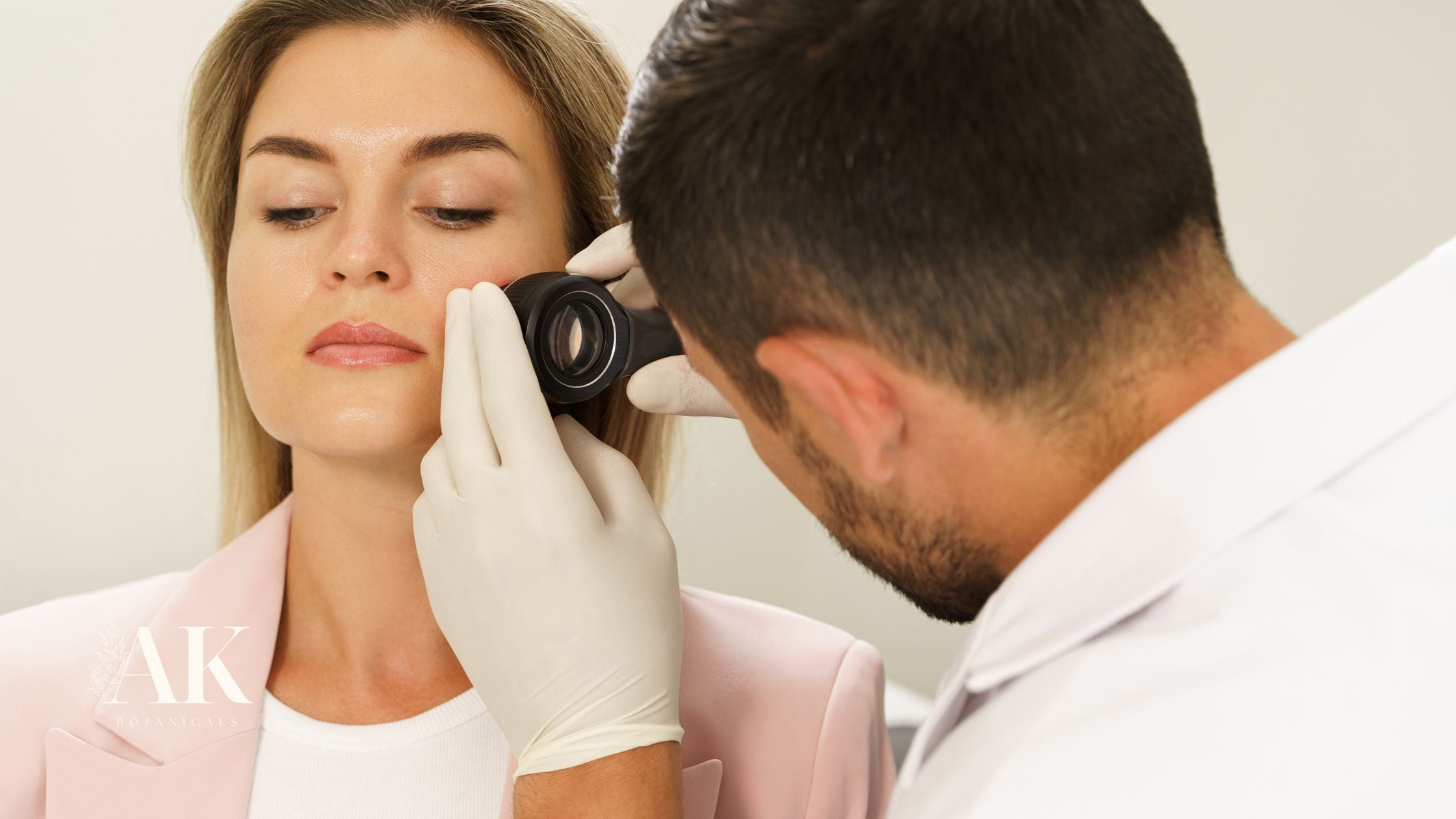
Natural Ways to Heal Sun-Damaged Skin with Holistic Approaches for Actinic Keratosis
If you’re looking for alternative ways to support skin affected by actinic keratoses (AKs) and maintain overall skin health, holistic approaches provide a naturally inspired option.
Many people explore holistic remedies to reduce reliance on harsh chemicals, limit potential side effects, and encourage the body’s natural balance. Rather than just addressing surface symptoms, these practices aim to support overall skin resilience through herbal and botanical topicals, dietary changes, and lifestyle adjustments.
Natural solutions such as plant-based topical treatments, nutrient-rich foods, and stress-reducing techniques may help promote comfort and healthier-looking skin. While research continues on the role of holistic approaches, some people find them beneficial as complementary options alongside conventional care.
Here we explore various holistic strategies, including herbal medicine, dietary shifts, and natural skincare practices, that may support those managing actinic keratoses.
Some holistic care options for actinic keratosis include dietary changes, herbal traditions, plant-based topical routines, and lifestyle adjustments that may help support long-term skin wellness.
Understanding Actinic Keratosis and Its Risks
Before exploring natural care practices and complementary options, it’s important to understand how actinic keratosis (AK) develops and the considerations it carries.
Causes
Actinic keratosis develops after prolonged sun exposure, which can damage skin cells over time. People with fair skin, light-colored eyes, and a history of frequent sunburns are at a higher likelihood of experiencing AK.
Symptoms
AK lesions often appear as small, rough, scaly patches on the skin. They may be pink, red, or brown and can sometimes feel tender, itchy, or irritated.
Skin Cancer Risk
While AK itself is not skin cancer, some cases may progress into squamous cell carcinoma (SCC), a more serious form. That’s why early recognition and medical evaluation are important.
Conventional Options
Traditional approaches such as cryotherapy (freezing the lesion), photodynamic therapy, chemical peels, and prescription creams are commonly used under dermatological care. At the same time, many people also explore holistic practices to support skin wellness and reduce further sun-related damage.
Holistic Perspective
Holistic skin care strategies focus on strengthening the skin barrier, supporting overall skin health, and minimizing exposure to harmful environmental factors. Exploring natural care practices—such as herbal traditions, nutrition, and stress management—may provide complementary ways to support those living with actinic keratosis.
Holistic Approaches and Options for Actinic Keratosis
While holistic methods should not replace conventional medicine, they can serve as supportive practices for those living with actinic keratoses (AK). By incorporating natural remedies and lifestyle adjustments, many people find they can promote overall skin wellness and resilience.
Anti-Inflammatory and Antioxidant-Rich Diet
A nutrient-dense diet plays a role in supporting skin health by helping the body manage oxidative stress and inflammation—two factors linked with visible skin damage.
Increase Vitamin C
This essential vitamin, found in citrus fruits, bell peppers, and leafy greens, supports collagen formation and helps neutralize free radicals.
Consume More Vitamin E
Nuts, seeds, and avocados are rich in vitamin E, an antioxidant that helps protect cells from oxidative stress.
Omega-3 Fatty Acids
Found in fatty fish, flaxseeds, and walnuts, omega-3s are associated with anti-inflammatory properties that may help maintain skin comfort and barrier function.
Polyphenol-Rich Foods
Green tea, berries, and dark chocolate provide polyphenols—plant compounds studied for their potential to help protect skin against the effects of UV exposure.
Stay Hydrated
Drinking water and enjoying water-rich foods like cucumbers and watermelon help keep the skin hydrated and support overall resilience.
Holistic strategies like these, used alongside conventional care such as cryotherapy or dermatologist-prescribed treatments, may provide a well-rounded way of supporting skin wellness for those managing actinic keratoses. In addition to dietary changes, other natural skin care practices—including herbal traditions, essential oils, and plant-based routines—may also be considered for skin support.
Akti-Clear: A Botanical Option
If you are interested in a natural topical solution, Akti-Clear is a botanically infused product formulated with plant-based ingredients to support skin health. While not a substitute for professional medical care, it may complement a holistic skincare routine and align with dermatological guidance.
Herbal Remedies for Skin Support
Certain herbs and botanicals have been traditionally used to support skin wellness and resilience. While ongoing lab research continues to explore their effects, some show potential in helping skin exposed to UV stress maintain balance and comfort.
Green Tea Extract
Rich in epigallocatechin gallate (EGCG), a powerful antioxidant, green tea has been studied for its potential role in protecting against UV-related skin stress.
Milk Thistle (Silymarin)
Milk thistle is known for its antioxidant properties and has been traditionally valued for supporting cellular defense against oxidative stress.
Turmeric (Curcumin)
Curcumin, a naturally occurring compound, has anti-inflammatory properties and may help the body combat oxidative stress. It is used both internally and topically—often mixed with oils or honey for soothing purposes.
Aloe Vera
Aloe vera is long valued for its naturally soothing properties on sun-exposed or irritated skin. Applying fresh aloe gel can help the skin feel calmer and more hydrated.
While these herbal options provide a natural approach to supporting skin wellness, further research is needed to confirm their full efficacy. Integrating them into a holistic skin care routine may complement dermatologist-recommended care.
Natural Topical Ingredients
Some natural ingredients are included in skincare routines to help maintain skin comfort and appearance. They are often used alongside dermatological care to support overall skin wellness.
-
Apple Cider Vinegar: Some people use diluted apple cider vinegar (ACV) as a gentle exfoliant for rough, scaly patches.
-
Coconut Oil: Rich in fatty acids, coconut oil moisturizes and nourishes the skin.
-
Tea Tree Oil: Known for antimicrobial and soothing properties, tea tree oil may help calm irritated areas. Always dilute with a carrier oil before use.
-
Frankincense Essential Oil: Traditionally used for skin support; typically applied when diluted in a carrier oil.
-
Castor Oil: Anecdotally used for softening rough patches over time.
Sun Protection and Lifestyle Support
Since UV exposure is the main factor in actinic keratosis, protecting your skin is essential:
-
Wear Sunscreen Daily: Choose a broad-spectrum mineral sunscreen (zinc oxide or titanium dioxide, SPF 30+).
-
Avoid Peak Sun Hours: Stay out of direct sunlight between 10 AM and 4 PM.
-
Wear Protective Clothing: Hats, sunglasses, and long sleeves provide an extra shield.
Light-Based Support
Some studies suggest red and infrared light may support healthy skin cell function after UV exposure.
Detoxification and Immune Support
A balanced immune system helps the body maintain resilience:
-
Liver Support: Foods like bitter greens, dandelion tea, and beets are traditionally used to support liver function.
-
Reduce Toxins: Limiting processed foods, alcohol, and smoking may help decrease oxidative stress.
-
Stress Management: Practices such as meditation, deep breathing, and yoga can help the body lower stress-related inflammation.
Can Actinic Keratosis Be Reversed Naturally?
There is currently no definitive cure for actinic keratosis (AK) through holistic care alone. However, some natural approaches have been studied for their potential to support skin wellness, improve comfort, and maintain healthier-looking skin. Antioxidants, certain herbal compounds, and consistent sun protection may help limit further sun-related damage and promote overall skin resilience.
That said, severe or persistent AK lesions should always be evaluated by a dermatologist, since they may require medical attention. Clinical treatments, including laser therapy, are often recommended for advanced cases.
A Holistic Approach to Skin Health Treatment
Actinic keratosis serves as a reminder of cumulative sun exposure, and taking a holistic approach to skin care may help support long-term skin wellness. A combination of nutrient-rich foods, herbal remedies, natural topical routines, sun protection, and lifestyle changes can be part of maintaining healthier-looking skin for those managing AK.
If you suspect you have actinic keratosis, consult a healthcare professional to discuss your options. Holistic practices can be a supportive complement to medical care, helping promote balance and overall skin resilience.




